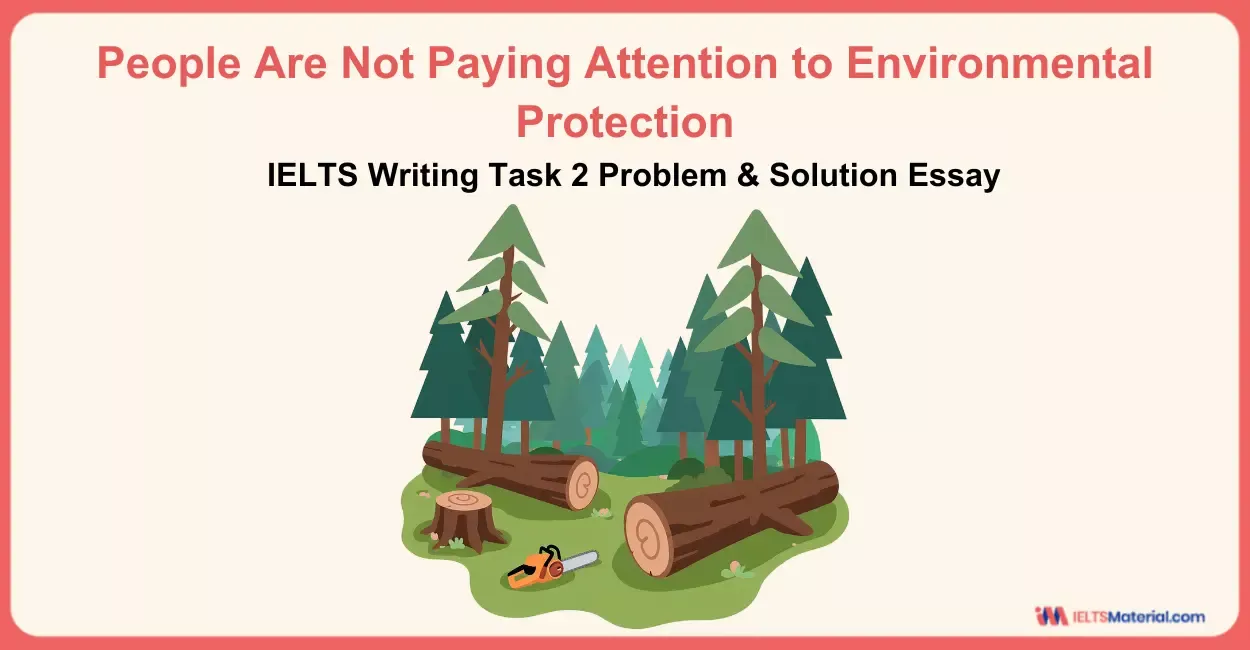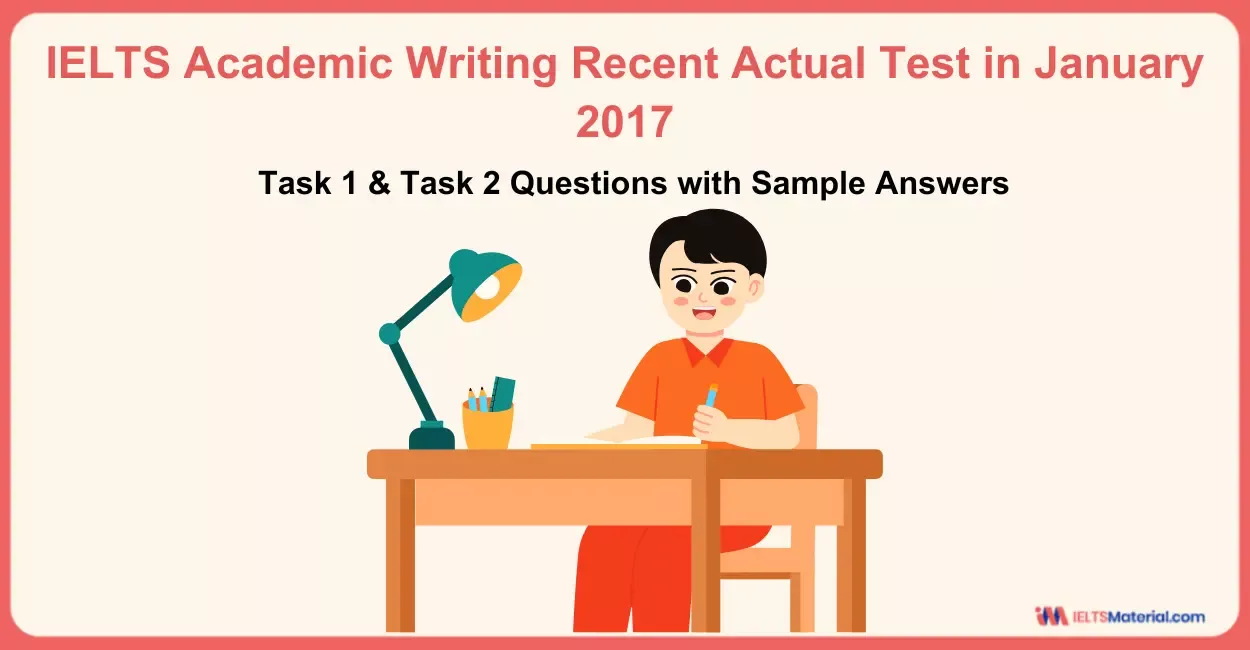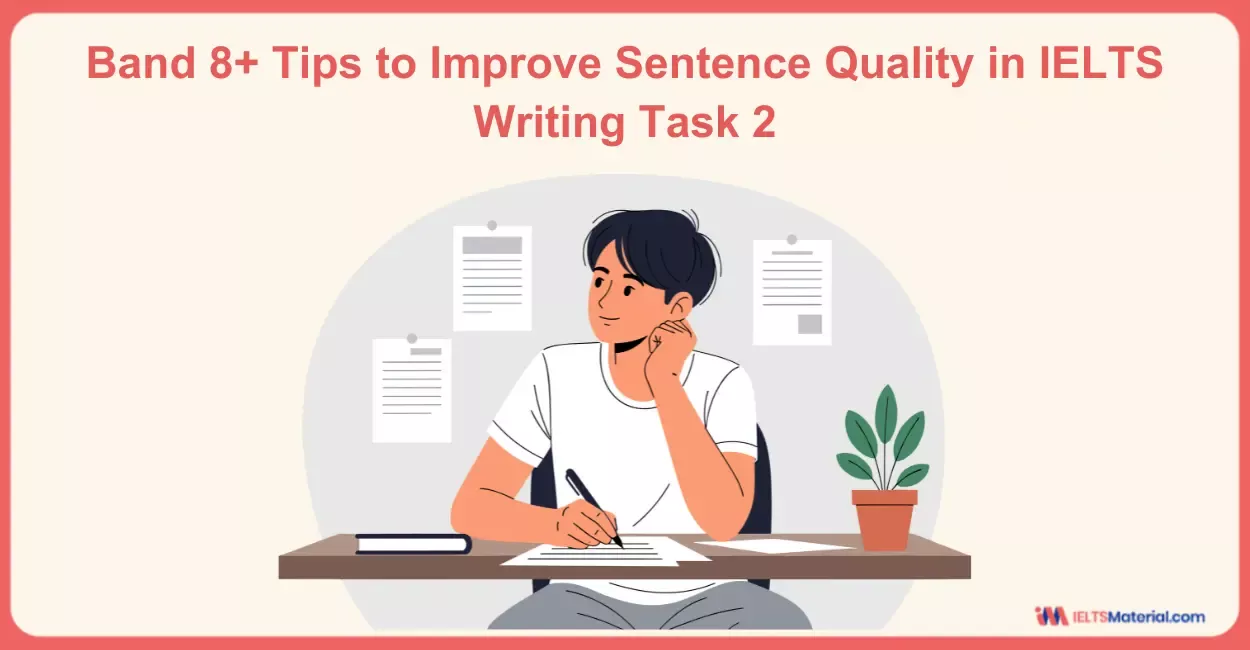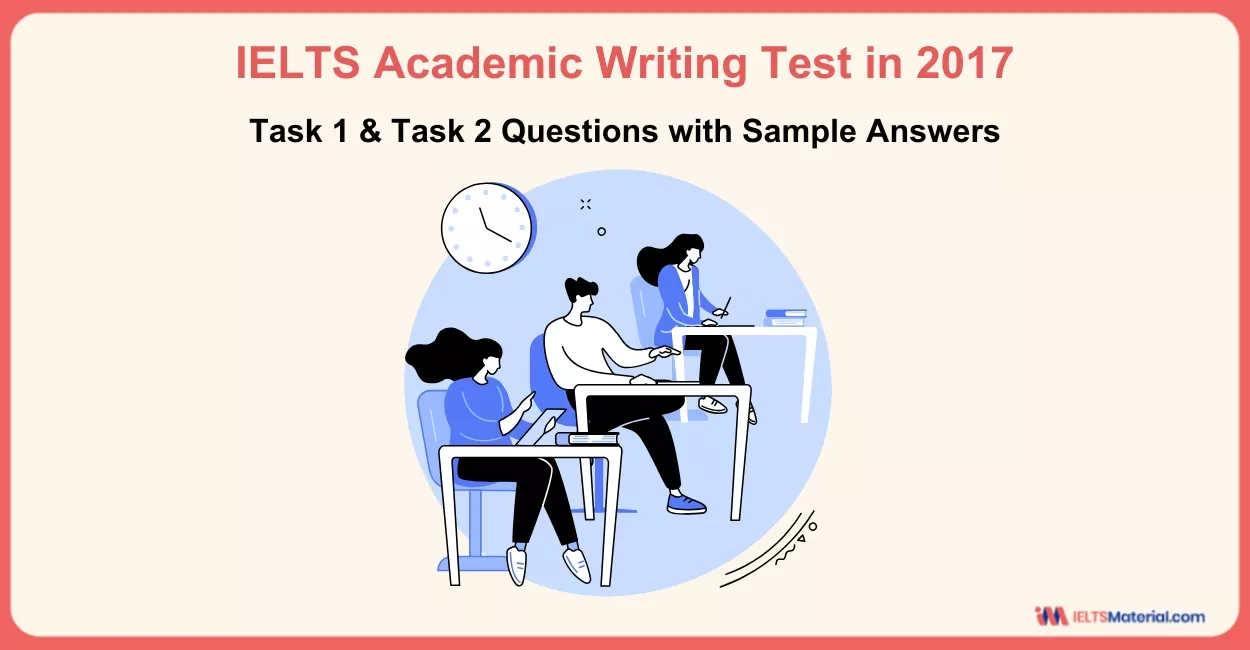6 Essay Writing Secrets to Boost Your IELTS Band Score Fast
Struggling with your IELTS essays? Discover 6 simple writing secrets to improve your Band score. Learn how to start with a strong hook, build clear paragraphs, and finish with a powerful conclusion. Write your writing task 2 essays like a pro!
Table of Contents
- Why Essay Writing Matters in IELTS?
- Secret 1: Start With a Hook That Grabs the Examiner’s Attention
- Secret 2: Begin With the End in Mind
- Secret 3: Use a Unique and Relevant Title
- Secret 4: Make Your Writing Flow Like a Story
- Secret 5: Be Clear and Concise With Your Words
- Secret 6: End With a Strong Conclusion
- Bonus Secret: Use the Right Structure Every Time

Try AI Essay Checker for Instant Band Score
Here's a blog that provides 6 powerful IELTS essay writing secrets that will help you boost your coherence, grammar range, and overall IELTS band score!
Why Essay Writing Matters in IELTS?
In IELTS Writing Task 2, your essay is evaluated based on four key criteria:
- Task Response – Are you answering the question fully?
- Coherence and Cohesion – Is your essay logically organised and well-connected?
- Lexical Resource – Are you using a wide range of vocabulary appropriately?
- Grammatical Range and Accuracy – Can you show control over sentence structures and grammar?
Nailing each of these takes more than just IELTS grammar rules—it takes strategy, structure, and practice. Let’s dive into the secrets.
Secret 1: Start With a Hook That Grabs the Examiner’s Attention
Even though the IELTS Essay Topics for Writing Task 2 are formal, that doesn’t mean they need to be boring. A great introduction sets the tone for the entire essay. Begin with something that draws the reader in a hook. Your first sentence should immediately engage the examiner. A great hook not only sets the tone but also makes your introduction more memorable.
Examples of Hooks:
- A thought-provoking question: Is globalisation truly benefiting everyone?
- A surprising statistic: Nearly one-third of the world’s population lacks access to basic sanitation.
- A bold claim: Education is no longer the great equaliser—it’s the great divider.
- A relevant anecdote: When I first moved to a city, I realised how crucial public transport was to daily life.
IELTS Tip: Keep it academic, don’t be too casual or personal.
Secret 2: Begin With the End in Mind
Before you start writing, outline your main argument and conclusion. This gives your essay a sense of direction and ensures each paragraph supports your thesis. Think of your essay like a journey, your destination (conclusion) should be clear from the start.
Planning Tips:
- Write down your thesis statement before you begin.
- Decide your main points (2–3 body paragraphs).
- Use linking words to map the reader’s route.
A well-planned essay reads smoothly and shows confidence in your writing.
Get personalized tips from IELTS experts to improve your band score! Sign Up Now!
Secret 3: Use a Unique and Relevant Title
While IELTS essays don’t require a title in the exam, using one while practising can help you focus your argument. Avoid boring, generic titles and try to write one that reflects your specific angle or stance.
Better Practice Titles:
- Why Fast Fashion Is a Global Threat
- Education: The Great Divide in the Digital Age
- Automation vs. Employment: Is There a Middle Path?
- When Robots Take Over: Are Humans Still Needed at Work?
- The Price of Progress: Is Urbanisation Killing Communities?
It keeps your writing fresh and focused on a strong central idea.
Get our expert-curated IELTS Writing book with top tips and model essays. Buy now!
Secret 4: Make Your Writing Flow Like a Story
Your ideas should flow logically, with each paragraph clearly connected to the next. Make your writing dynamic and reader-friendly. Use linking words and topic sentences to guide the reader through your ideas.
How to Keep the Reader Interested:
- Use clear topic sentences at the start of each paragraph.
- Add appropriate transition words: Furthermore, However, In contrast.
- Include real-world examples or hypothetical scenarios.
- Vary sentence structures (simple + complex + compound).
- Avoid repetition of words and phrases.
Secret 5: Be Clear and Concise With Your Words
IELTS writing isn't about using big words, it's about clarity and control. Padding your essay with unnecessary words only lowers your score in Coherence and Cohesion and Grammatical Range.
Avoid:
- Long-winded sentences
- Redundant phrases (e.g., “in my personal opinion”)
- Repeating the same idea in different words
Do This Instead:
- Write with precision.
- Use powerful vocabulary without overcomplicating things.
- Keep your sentences focused and error-free.
Need help improving your Writing band score? Sign up for our expert-led IELTS Writing Webinar today!
Secret 6: End With a Strong Conclusion
A strong conclusion not only wraps up your ideas but leaves a lasting impression. Aim to restate your opinion clearly and summarize your main points in one sentence.
A good conclusion should:
- Summarise your main points
- Clearly restate your opinion
- Echo your introduction without repeating it
- End with a powerful final thought or rhetorical question
Make sure the examiner finishes reading your essay and thinks, “That was well-structured, clear, and persuasive.”
Bonus Secret: Use the Right Structure Every Time
Most high-scoring IELTS Band 9 Essay Samples follow this tried-and-tested format:
- Introduction: Hook + Paraphrased Question + Thesis Statement
- Body Paragraph 1: Main idea + Example + Explanation
- Body Paragraph 2: Another main idea + Example + Explanation
- (Optional) Body Paragraph 3: For discussion or two-part question essays
- Conclusion: Summary + Restated opinion + Final thought
Try our IELTS Writing practice tests and boost your score. Take a test today!
Scoring high in IELTS Writing isn’t about using big words or complex ideas—it’s about writing, staying structured, and knowing what the examiner wants. By using these six essay secrets, you’ll be more confident, write faster, and boost your chances of hitting that Band 7 or higher. Writing a great IELTS essay doesn’t require talent, it requires technique. And now that you know the secrets, you're already ahead of the game. Keep practising, stay consistent, and let every essay take you one step closer to your dream score.
Also Check:
Explore IELTS Writing

Start Preparing for IELTS: Get Your 10-Day Study Plan Today!
Explore other Writing Articles


Recent Articles
Haniya Yashfeen

Kasturika Samanta








Post your Comments